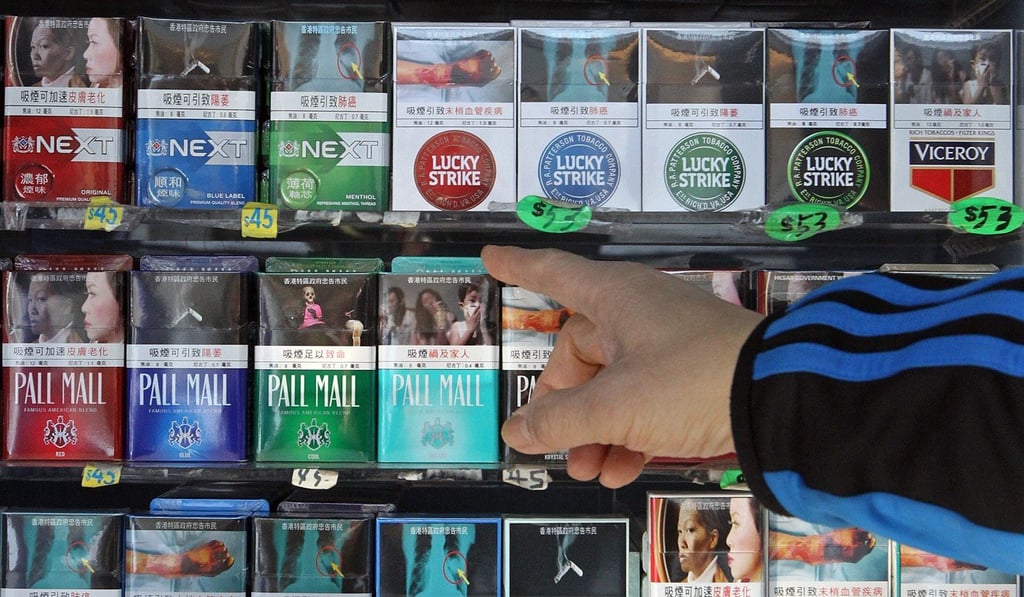Letters | Raise Hong Kong tobacco tax to protect youth against lifelong addiction
- Although taxation is highly effective in reducing tobacco use among young people, the last substantial increase in tobacco tax was more than eight years ago
- Cigarettes are even more accessible to young people today than in the 1990s

Life Education Activity Programme (LEAP) is disappointed to learn that the Financial Secretary has decided not to raise tobacco tax in the 2020-21 Budget.
Research from around the world has shown that tobacco taxation is highly effective in reducing and preventing tobacco use among young people. Raising cigarette prices through higher taxes prevents young people from taking up tobacco use and motivates young smokers to quit, since they have less income and are therefore more price sensitive than adults.
This explains why the same price increase leads to smoking reduction that is two to three times higher in adolescents compared to adults.
There is evidence that tobacco tax increase has been effective in Hong Kong, too. The latest government statistics reveal that past 30-day smoking prevalence among Hong Kong adolescents has decreased significantly from 9.6 per cent in 2003 to 2.5 per cent in 2017.
A recent study published by the Journal of Adolescent Health in 2019 suggested that raising tobacco tax helped to prevent adolescent smoking, and that further tax increase should be implemented in order to protect more youths and achieve a “tobacco endgame” in Hong Kong.
